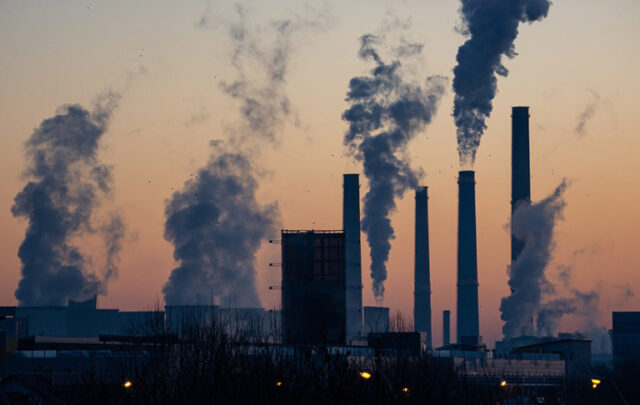Three weeks ago the US Government Accountability Office released a 50-page analysis of the nexus between biofuel production and water resources.
The full title of the study is: Energy-Water Nexus: Many Uncertainties Remain about National and Regional Effects of Increased Biofuel Production on Water Resources.
The study is further entitled, Report to the Chairman, Committee on Science and Technology, House of Representatives. This is the second of three studies which have been requested by this committee with respect to water resources.
The first report examined water use at thermo-electric power plants and was released in mid-October:
http://www.gao.gov/new.items/d1023.pdf
The third report to this committee will examine water use in the extraction of oil from shale, and will be released shortly.
The scope of the biofuel report is very specific insofar as it is confined to water issues. However, the nexus between biofuels and water is itself highly complex, encompassing such concerns as:
- feedstock cultivation: type of crop grown, its need for water, and the source of that water (rainfall, surface water irrigation or groundwater irrigation), its need for fertilizer and pesticides, the degree to which it exposes or protects topsoil and accelerates or retains moisture, etc.
- impairment to water quality caused by the runoff of agri-chemicals.
- the potential for increased biofuel production to spread onto marginal and sensitive lands, including land currently enrolled in the Conservation Reserve Program.
- the potential for second-generation biofuels to remove agricultural residues which should be returned to the soil.
- biorefineries: water intake requirements and the contaminants which are discharged.
The biofuel report also examined agricultural conservation practices and technological innovations which could mitigate the various adverse effects.
The GAO analysts examined conservation tillage, crop rotation, cover crops, “precision agriculture” and genetic engineering as possible ways to mitigate water problems. These analysts also considered the barriers to adopting preferred measure: limited farm income, absentee ownership of cropland, lack of training and expertise with crops and specialized equipment, etc.
The GAO undertook extensive research in preparing this report, including a systematic analysis of relevant scientific studies as well as federal and state government reports. GAO collaborated with the National Academy of Sciences, interviewed recognized experts, and conducted in-depth reviews of biofuel production in five states.
Finally, the GAO identified several topics where further research and improved data are needed:
http://www.gao.gov/new.items/d10116.pdf
The GAO is to be commended for its thoroughness, its clear & concise wording, and its highlighting of a very significant issue.
This report follows a more comprehensive (184 pgs) analysis of biofuels which was released in August, and which is also excellent:
http://www.gao.gov/new.items/d09446.pdf
One final point: the imperative of water supply to agricultural production (whether for food or for fuel) cannot be underestimated.
Two years ago, the Saudis abandoned their 30-year effort to achieve self-sufficiency in wheat because of the threat which large-scale irrigation presented to their water supply.
The Saudis have recognized that as problematic as importing essential food staples could be, it pales in comparison to the certainty of running out of water:
http://www.reuters.com/article/idUSL08699206






